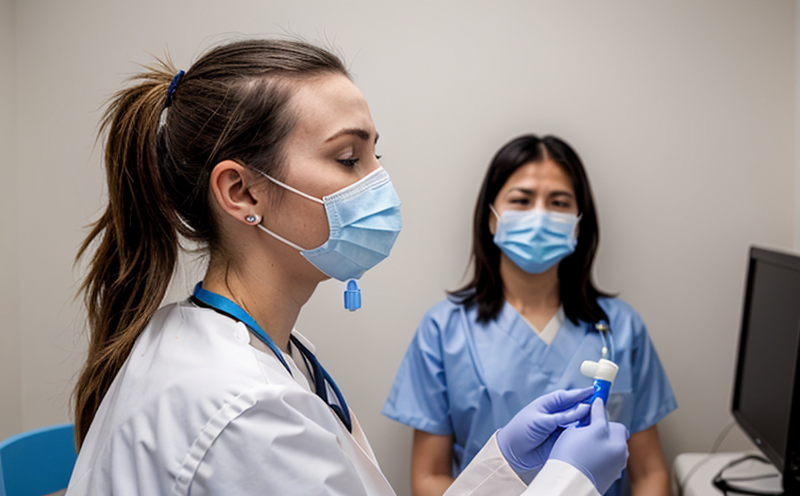Feline Calicivirus Respiratory Testing in Cats
Feline calicivirus (FCV) is a highly contagious viral pathogen that belongs to the genus Calicivirus, family Rubulavirus. It primarily affects domestic cats and can cause respiratory, gastrointestinal, and sometimes systemic diseases. FCV infection is characterized by symptoms such as sneezing, coughing, fever, lethargy, and in severe cases, oral lesions and lameness.
The testing of feline calicivirus is crucial for several reasons:
- Early detection allows for prompt treatment, improving the cat's chances of recovery.
- FCV-positive cats are highly contagious, so timely diagnosis helps in isolating affected animals to prevent further spread within shelters or households.
- Infection control and quarantine measures can be implemented effectively when FCV is detected early.
The testing process involves several steps:
- Sample collection: This typically includes swabs from the oral cavity, nasal passages, or conjunctival sacs. It ensures that there is a sufficient amount of viral material to conduct accurate testing.
- Viral isolation and identification: The sample undergoes further processing where it is tested for the presence of calicivirus RNA using reverse transcription polymerase chain reaction (RT-PCR), which amplifies specific segments of the virus's genetic material.
Accurate diagnosis enables veterinarians to tailor treatment plans, such as supportive care and antiviral medications. Moreover, FCV testing aids in epidemiological studies, helping to understand the prevalence and spread patterns within various populations of cats.
Customer Impact and Satisfaction
The implementation of FCV testing leads to a significant improvement in the quality of care provided to cats. By ensuring accurate diagnosis, it helps veterinarians make informed decisions regarding treatment plans, leading to better patient outcomes.
Clients appreciate the peace of mind that comes with knowing their pets are being tested and treated promptly for potentially serious conditions like FCV. The use of advanced diagnostic techniques also enhances client satisfaction by demonstrating a commitment to providing the highest standard of care.
Why Choose This Test
- Early isolation of infected cats helps prevent further spread within shelters or households.
- Facilitates effective quarantine protocols to minimize transmission risks.
- Early detection of FCV infection aids in effective containment measures, reducing the spread within facilities and communities.
- Supports research and development efforts to understand the virus better, contributing to advancements in treatment and prevention strategies.





